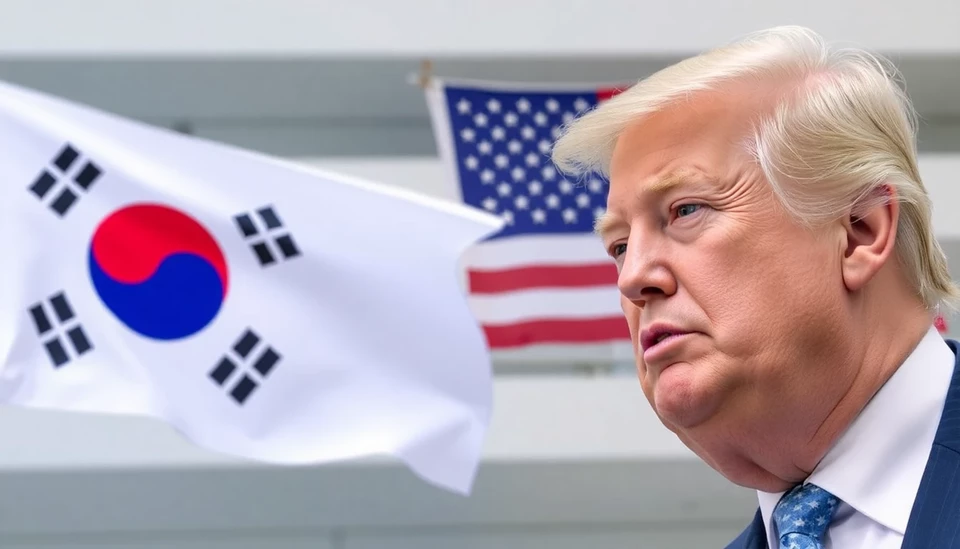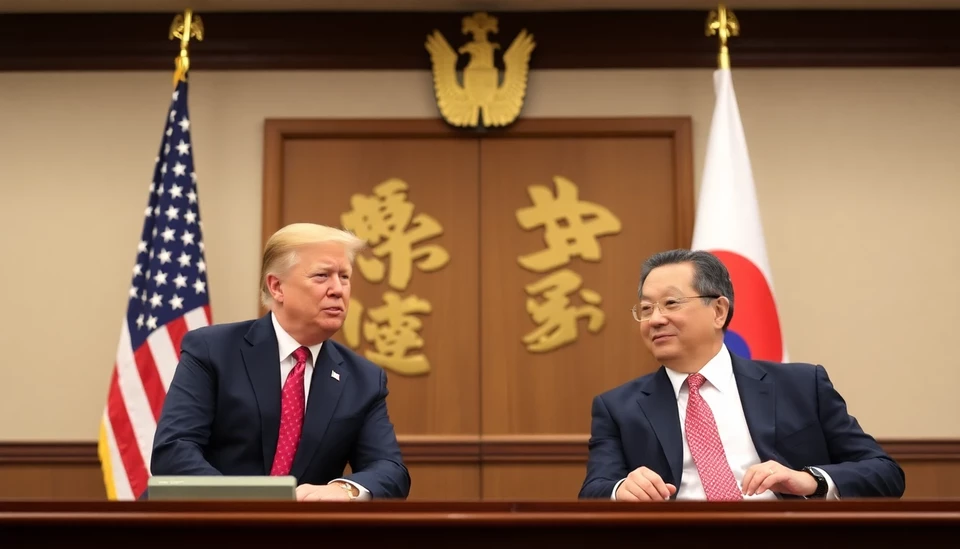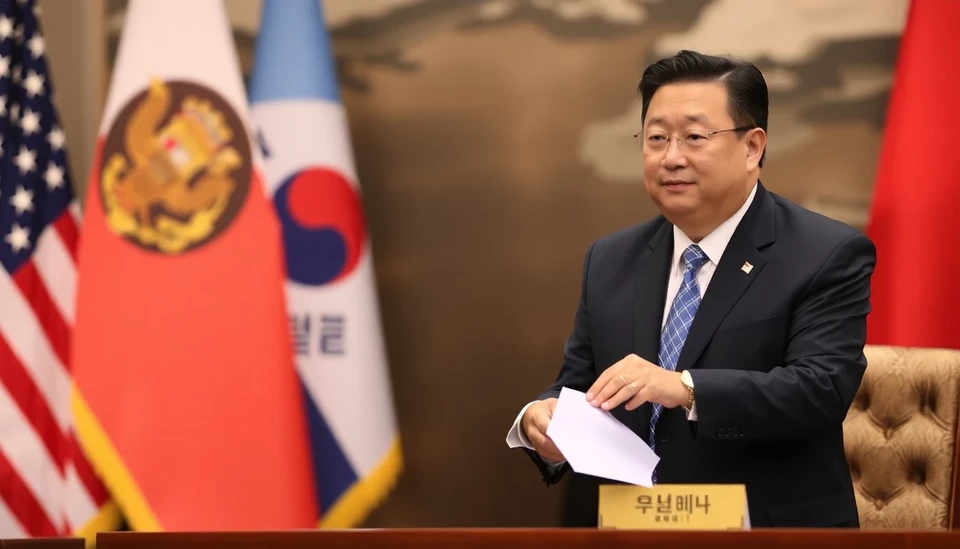
Amidst an atmosphere of uncertainty and anticipation, South Korean companies are closely monitoring the evolving implications of the recent U.S. elections. The political landscape is shifting, and with it comes the looming potential for new trade risks that could significantly impact South Korea's economic partnerships, particularly with the United States.
The elections have brought forth various scenarios, with analysts suggesting that the outcomes will dictate future trade policies. South Korean firms, especially those with substantial exports to the U.S. market, are preparing for differing approaches to trade legislation that may emerge as a result of the electoral outcomes.
Industry experts have expressed concern that drastic changes to U.S. trade policies could hinder the competitive edge of South Korean manufacturers. Companies in sectors like semiconductors and automobiles are particularly on alert, given the high stakes involved in trade relations between the two nations. Such sectors have traditionally benefitted from robust economic ties, but the evolving political dynamic may usher in new tariffs or regulatory measures that could alter the trade landscape.
Many South Korean businesses are advocating for a proactive stance, calling for diversified markets to mitigate potential risks associated with over-reliance on the U.S. for exports. This reevaluation of trade strategies reflects a cautious optimism; while the firm belief in their products remains, the companies are increasingly aware that external factors could dictate their market positioning.
The sentiment is echoed in discussions across various sectors, which stress the importance of maintaining strong diplomatic relations to ensure stability in trade agreements. South Korea's government is also closely analyzing the situation, aiming to adopt strategies that will safeguard its economic interests in light of the changing U.S. political landscape.
In conclusion, as South Korean firms navigate the uncertainties following the U.S. elections, it is clear that they are contemplating potential shifts in trade policies. Their adaptability and proactive measures will be crucial in weathering any forthcoming changes and ensuring continued economic growth amid the evolving landscape.
#SouthKorea #TradeRisks #USElections #EconomicImpact #GlobalTrade
Author: Rachel Greene




